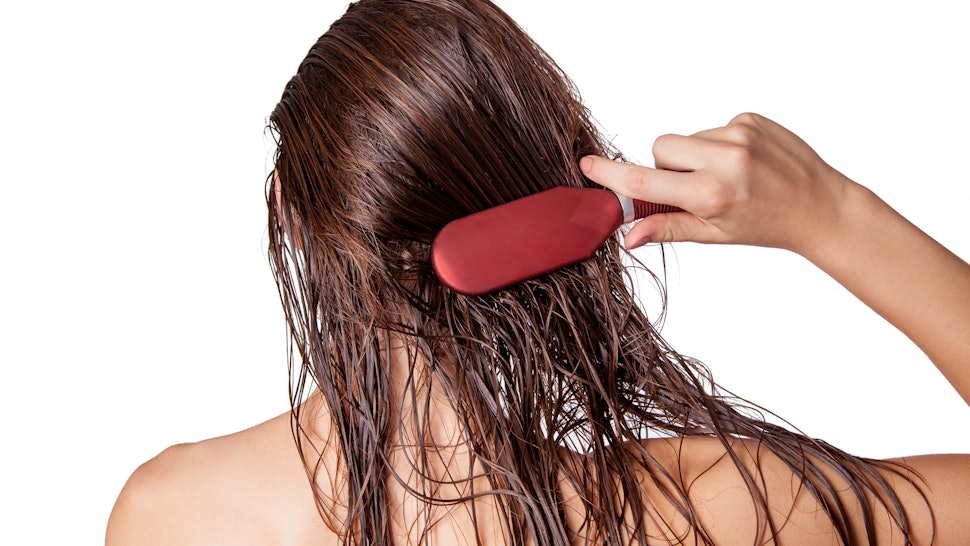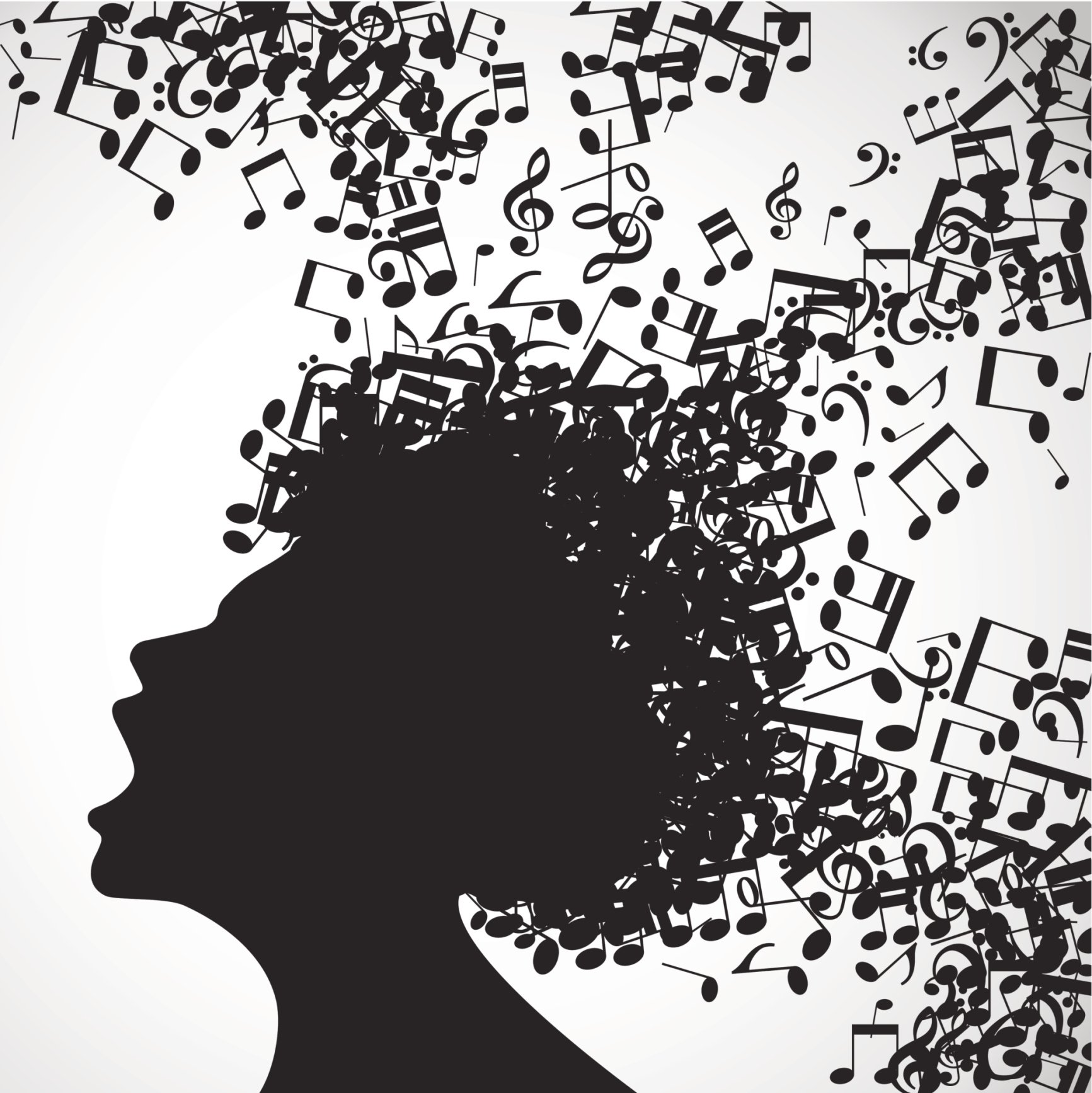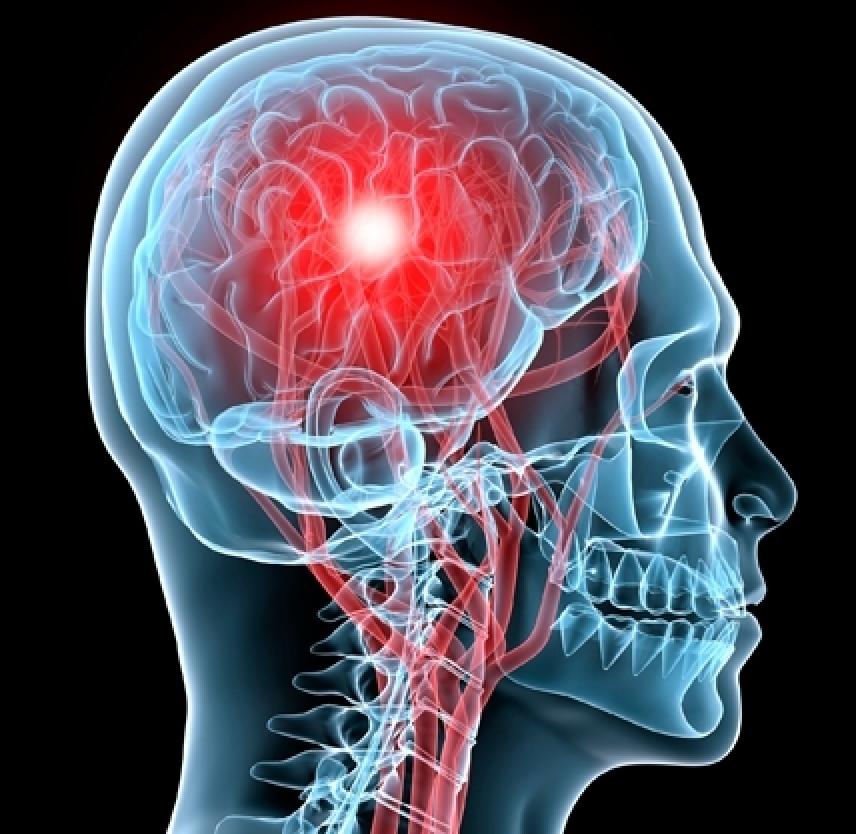
Andrea Hernandez
Your parents probably told you not to go outside with wet hair because you’d catch a cold. Having wet hair does not cause colds, colds are caused by a virus. There is no association of the virus with wet hair.
During below freezing temperatures, going outside with wet hair might increase the risk of hypothermia. So, if you were planning to go outside in cold weather with wet hair and without a jacket, you might want to reconsider.
Even though you do not get sick from wet hair, your hair becomes more prone to breakage in cold weather. Water expands in volume during freezing temperatures, so it forces the hair shaft to expand and lifts hair cuticles. Wet hair in freezing temperatures can be exposed to environmental damage which makes it easier for hair to get split ends.
The next time you decide to go outside in freezing temperatures with wet hair, you might want to think twice!
https://www.huffpost.com/entry/cold-wet-hair-germs_n_6739144
https://www.wellandgood.com/good-looks/cold-weather-damages-wet-hair/
https://www.thisisinsider.com/reason-for-not-going-outside-with-wet-hair-damage-winter-2018-11

